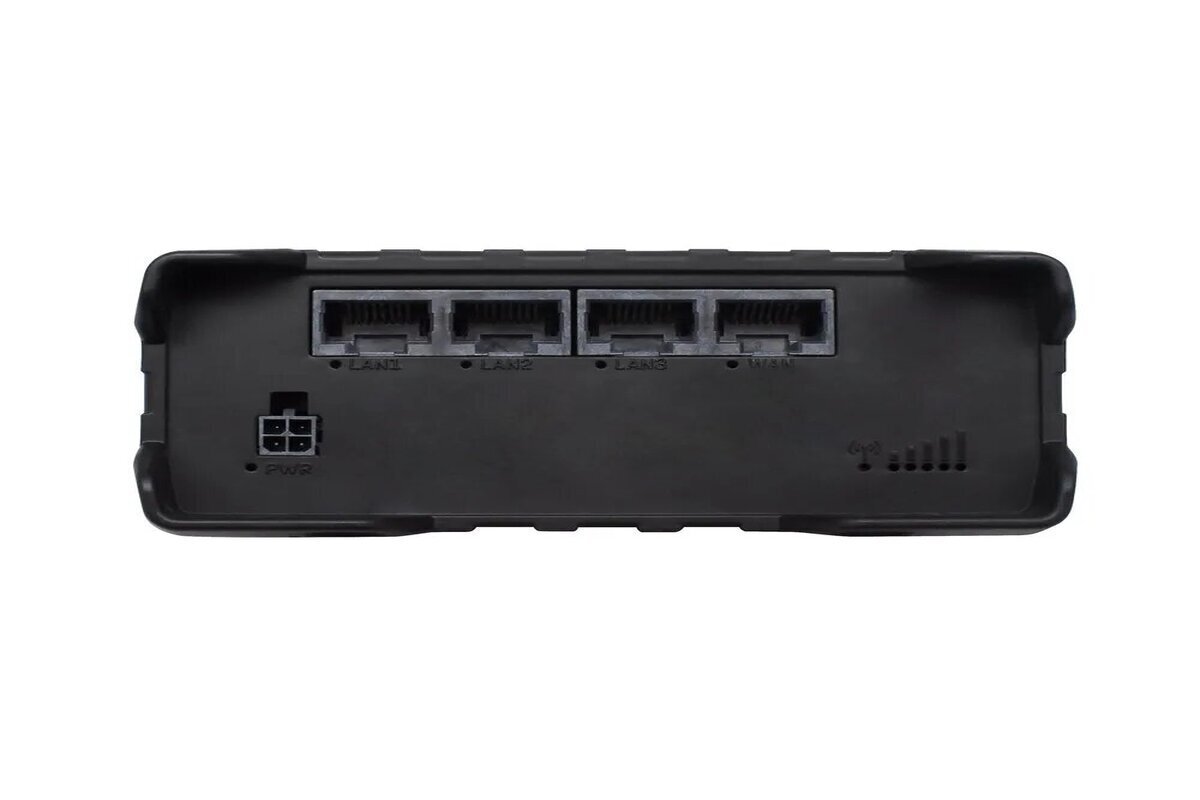In today’s interconnected society, reliable and safe communication networks are essential to the smooth operation of many industries. One essential component of these networks is the industrial router. Although you may not be familiar with this device, it is responsible for enabling data transfer between different machines, ensuring seamless connectivity, and enhancing productivity in industrial environments. A industrial router acts as a hub to connect various devices and systems within an industrial environment. Its primary purpose is to establish communication between machines and enable the transmission of data over the network. Think of it as a traffic controller that directs information flow, ensuring it reaches the right destination efficiently. What sets industrial routers apart from traditional routers is their robustness and durability. These devices are specifically designed to withstand harsh environmental conditions commonly found in industrial settings. Are you hunting for teltonika rut 951? Visit the previously discussed site.
They are built to handle extreme temperatures, humidity, vibrations, and electromagnetic interference, ensuring uninterrupted network connectivity in demanding operational environments. Industrial routers also offer enhanced security features to protect sensitive data transmitted across the network. They use advanced encryption, virtual private network technologies (VPN), and firewalls in order to protect sensitive information against unauthorized access. This ensures the integrity and confidentiality of data, a critical aspect in industries where privacy and data protection are of utmost importance. A router for industrial use is designed to scale. These routers will be able to meet the growing demands of connectivity as industrial networks grow. Multiple ports allow for multiple devices to be connected simultaneously. The network will remain flexible and adaptable to the changing needs of the industry. Also worth noting is the versatility of industrial-grade routers. These routers are compatible with many industrial applications because they can integrate seamlessly with different communication protocols. Whether it’s a manufacturing plant, a transportation system, or a utility network, industrial routers provide the necessary connectivity to keep operations running smoothly.
Another notable feature of industrial routers is their remote management capabilities. In industrial environments, routers are often spread out over large areas. This makes it difficult to physically reach each router for maintenance and troubleshooting. With remote management, administrators can monitor, manage, and control routers all from one central location. This allows for rapid identification and resolution of network issues. It also minimizes downtime, and maximizes operational efficiency. Industrial routers play a crucial role in industrial communication networks. They ensure reliable and secure transfer of data, offer remote management and scalability, and can withstand harsh environment. Industrial routers help to improve the efficiency of various industries by improving network performance and enabling seamless connectivity. Industrial routers can be used in any environment, from an assembly line to a manufacturing plant, a remote oil rig or utility grid, to ensure the smooth flow of information and efficient processes. Their robustness, security capabilities, scalability and ability to manage remotely, allow industries to stay connected and productive in today’s world.





